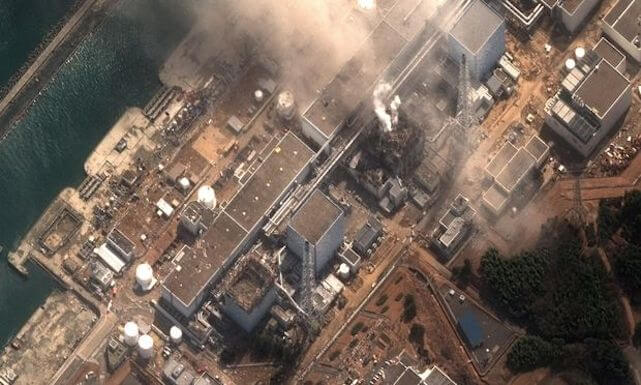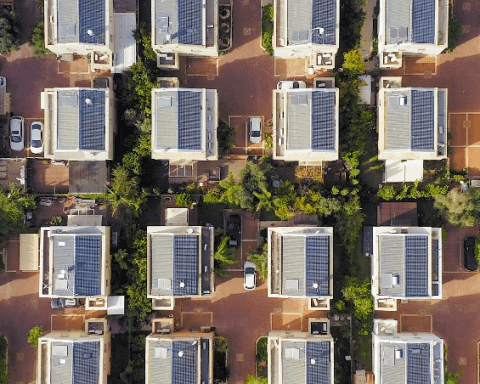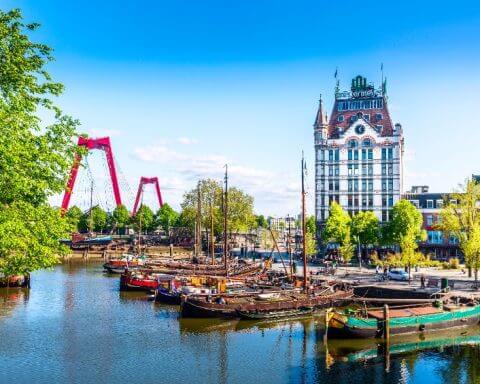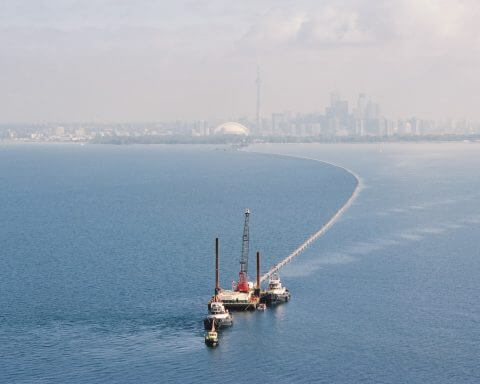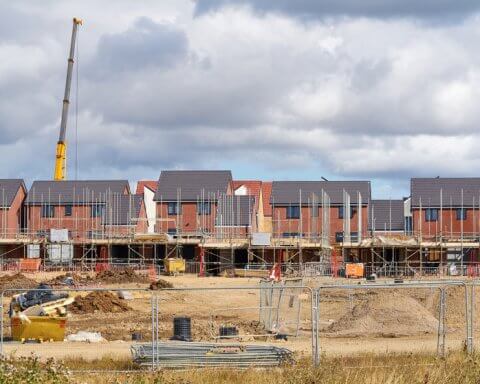Amongst those of us in the climate strategy world there has been an ongoing debate about the potential role of nuclear energy as a transition technology until we can truly get to ubiquitous renewable energy. Of course environmentalists have largely spoken out against nuclear for a long time. Greenpeace, for example, has an entire campaign against nuclear energy: “Greenpeace has always fought – and will continue to fight – vigorously against nuclear power because it is an unacceptable risk to the environment and to humanity. The only solution is to halt the expansion of all nuclear power, and for the shutdown of existing plants.”
However, within the climate capitalism movement, and the scientific community, the jury has still been out about what role, if any, nuclear should play in the energy mix. The Nuclear Energy Institute has a whole list of environmental benefits of nuclear energy, not the least of which is its nearly carbon-neutral status. You must be thinking, well, that is the Nuclear Energy Institute, this must be greenwashing.
What if I were to tell you that some of the most credible and famous climate scientists in the world, have also argued for nuclear to be part of the energy mix? Dr. Andrew Weaver, a long-standing leader of the Intergovernmental Panel on Climate Change is in favor of nuclear. In an interview from 2008, Dr. Weaver commented: “And I actually put nuclear power as–not a renewable but certainly as an interim energy source that I think we should be looking at very seriously because the emissions of carbon are zero and what we do is we have a storage problem. But that’s a local problem that we have to contain in our backyard and we’re not relying on someone else to deal with our problem.”
Probably the most famous climate scientist, Dr. James Hansen, is also a strong advocate for nuclear power. Rather surprisingly, the climate activist George Monbiot has also come to appreciate the role of nuclear power in the transition to renewables.
Lest you think Dr. Weaver, Dr. Hansen and George Monbiot represent the whole of the academic and business community, there are quite a few opponents to nuclear as well, despite its low-carbon benefits. Al Gore has argued that nuclear is not an answer to our growing energy needs and besides the threats of the nuclear waste getting in the hands of terrorists, he has raised arguments about the economics and the scale required to make nuclear energy financially feasible. Hunter Lovins and I, in Climate Capitalism, also make a strong case against nuclear due to the same economics issue as well as many other concerns such as the excessive water required in nuclear operations, risks associated with disposal and, of course, accidents.
As I write this post, the world is fixated on the terrible situation facing Japan right now. Not only are they suffering from the direct effects of the earthquake and tsunami, but Japan is now facing its biggest test since World War 2, due to the damage caused to their nuclear power plants.
This has reopened the debate about the safety, and the appropriateness of, nuclear technology. On Tuesday, German Chancellor Angela Merkel temporarily shut down all of its seven nuclear plants.
While there are reasoned arguments from well-respected climate experts to consider “carbon neutral” nuclear in our energy mix, I feel like now is finally the time that we work to move beyond nuclear. The danger posed by this earthquake, which is a risk in many parts of the world, only serve to reinforce the argument that nuclear, despite being clean in normal situations, is just not safe enough.
Furthermore, wind, hydro and even solar have been shown to be competitive or even more cost-effective than nuclear. Given the overwhelming energy potential of truly renewable sources and the increasingly competitive costs for their generation, it is time to bury nuclear forever in conversations about our energy future.
Boyd Cohen is the CEO of CO2 IMPACT, a carbon origination company based in Vancouver, Canada and Bogota, Colombia. Boyd is also the co-author of the forthcoming book, Climate Capitalism: Capitalism in the Age of Climate Change.
Twitter: boydcohen
This series will use the hashtag #climatcaptlsm


